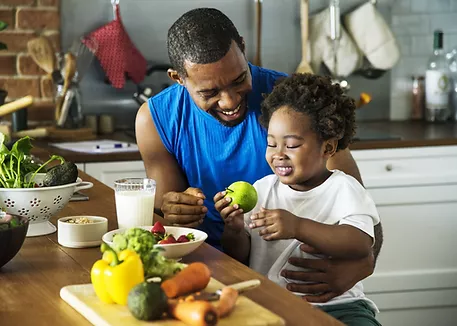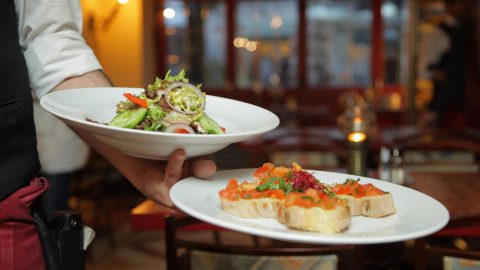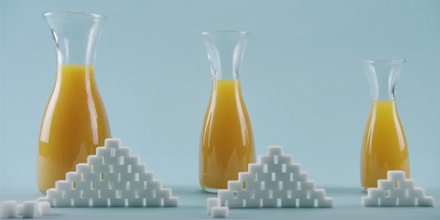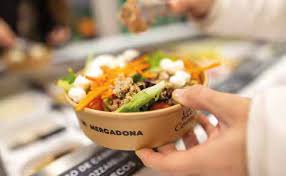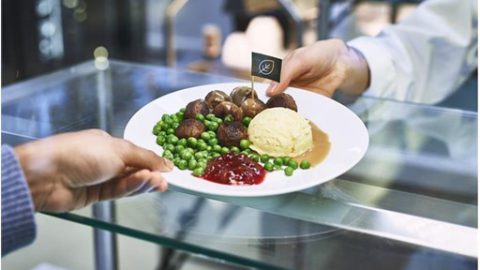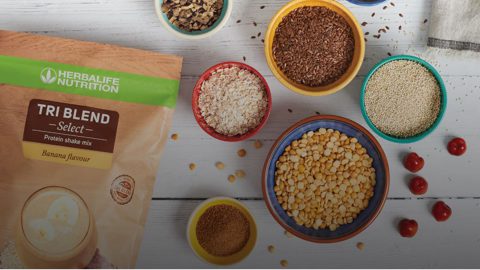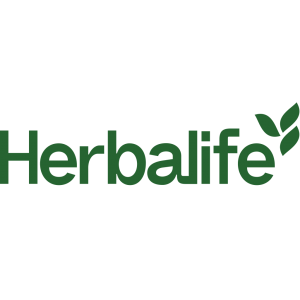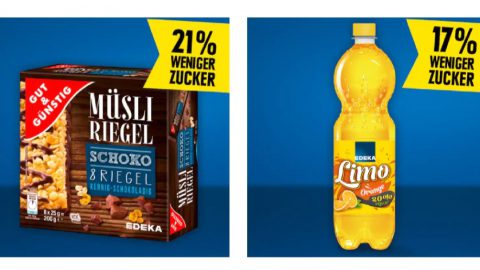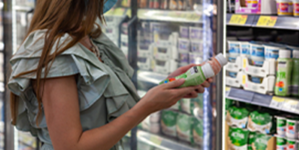Reformulation
Food retailers and wholesalers work closely with their suppliers to meet changing consumer demand. We grow the market for sustainable and healthy food, most notably through our private label products. We are leading the way in providing nutritional information to consumers and introducing product reformulation and are very active in informing consumers and nudging them towards a wide range of more healthy and sustainable products. We are frontrunners in providing tailored information and using digital technology to inform consumers in ways which suit their interests and lifestyles.

